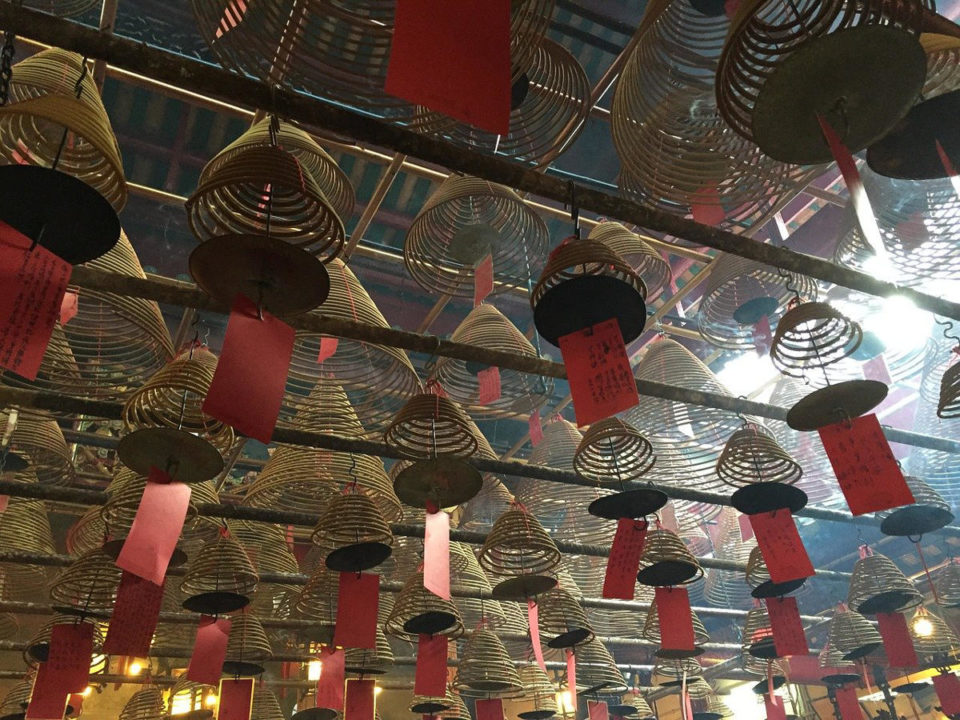Most people in Hong Kong believe in Feng Shui, the Chinese Zodiac and folk tales from Chinese culture. Hongkongers believe that following Chinese traditions can bring luck and prosperity to life and prevent from bad luck. Traditions can be seen all around Hong Kong but also in many aspects of life and of course, within the numerous festivals and events that take place throughout the year.
Feng shui
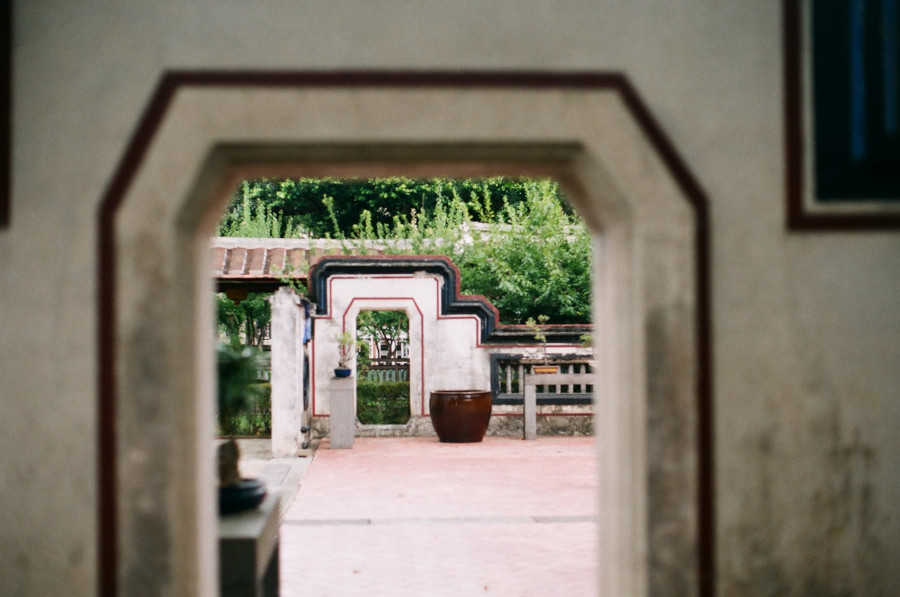
Feng Shui (風水) comes from the philosophical principles of Taoism. The literal meaning of Feng Shui is wind and water. Both Taoism and Feng Shui emphasize balance and harmony of energy in nature. One of the concepts of Taoism is endless cycles. Change is constant as seen in daily life, four seasons or day and night.
The main energy in Taoism is Yin (陰) and Yang (陽), which means feminine and masculine energy. In the Chinese culture, being balanced with both energies is important to feel healthy and positive. It is believed that using too much masculine energy to accomplish goals and not using feminine energy would lead to a burn out while using too much feminine energy implies that one’s procrastinate at work and spend too much time on leisure and rest.
Apart from using energy well on a personal level, Feng Shui is used to balance the energy in a room or an area and you might have heard that many building in Hong Kong were built with the help of Feng Shui masters.

A huge component of Feng Shui is the five elements of Earth, Water, Fire, Metal and Wood. Depending on the elements of the view and the location of the house, some Hongkongers arrange their homes with furniture and colours that balance the elements in the place, to bring harmony, prosperity and good luck.
As much as Feng Shui influences a home, living in an apartment where someone passed away in an odd way is not common in the Chinese culture. Actually, these apartments will be cheaper on the market. Those facing a graveyard are generally avoided.
Chinese zodiac
The Chinese zodiac repeats every 12 years. Each year is represented by an animal. The order of the Chinese zodiac is rat, ox, tiger, rabbit, dragon, snake, horse, goat, monkey, rooster, dog, and pig. The year 2021 is the year of the ox. Since the ox is significant in the history of agriculture, when connected to the year it represents diligence and dedication.
Feng Shui experts talk about Chinese zodiac signs and how people with each sign would do in the coming year on TV shows. They look at the year in general and also make in-depth predictions in the areas of health, romance, finance, and career. According to these experts, people whose zodiac is Horse, Dragon, or Rooster will have the best luck in 2021.
Lunar New Year traditions

As the Lunar New Year comes around, children heed their parents’ advice to do certain things to bring luck to the New Year and hide things to avoid misfortune. During this time, extra care is taken not to break bowls, glass, or anything else that’s easy to break as it represents financial loss. If something is unfortunately shattered, the shards are wrapped in red paper or cloth and gotten rid of only on the fifth day of the New Year.
One should not awake others, otherwise the person who wakes up would be urged to work with tight deadlines in the coming year. They would end up stressed and anxious at work for the entire year. However, afternoon naps should also be avoided on the first day of the Lunar New Year. Doing so represents being lazy for the coming year and would negatively affect your career.
As people in the last century used to have porridge because they couldn’t afford to have rice, porridge should not be eaten on the first day of the New Year as it represents poverty. Different dishes that symbolise health, abundance, happiness and good luck should be eaten to bring positivity to the coming year.
Red is worn during the Lunar New Year. It is the colour of fortune and joy. Yellow symbolises prosperity, royalty, and power. Green represents wealth, regeneration, hope, and growth. But a Chinese saying teaches that a man shouldn’t wear a green hat during this time, because it means that his wife is cheating. Elders give red pocket money to their children and juniors who are not married at the workplace. People can only take out the red pocket money on the fifteenth day of the New Year.
Weddings and funerals are two significant events in life. It is not a surprise that people want to follow what their parents say and observe the Chinese traditions on those occasions. However, modern young people are not following every tradition as there are simply too many rules to follow. They follow the important ones and leave the rest.
Chinese wedding traditions
Couples need to choose a date that is suitable for a wedding day. Choosing the wrong day is believed to lead to marital problems. For example, couples are usually advised to avoid dates near unfortunate events like a relative’s passing, or festivals related to ghosts (e.g. Hungry Ghost Festival or Ching Ming Festival).
More millennial couples are choosing to have a smaller scale wedding ceremony because of financial limits or because they just don’t want to follow the tradition of having 500 guests.
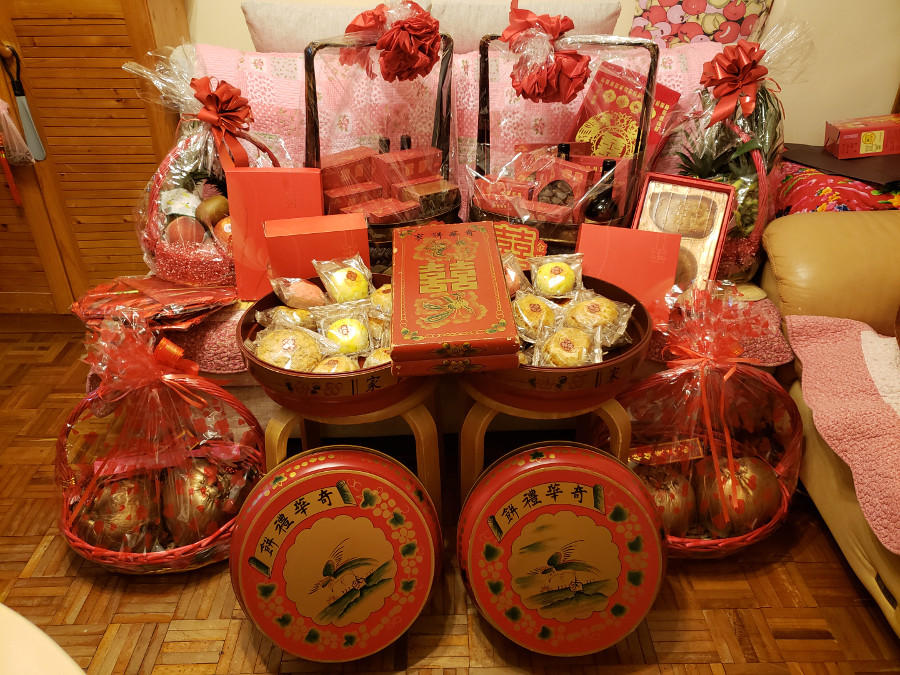
The bridegroom needs to send gifts to the family of the bride and the bride would return some gifts to the bridegroom to represent the acceptance of the marriage. The gifts are usually sent 2 weeks to 2 months before the wedding. These often include a pair of red pockets with an amount of money that ends with the number 8, red candles, Chinese wedding pastries, six or eight kinds of seafood, coconuts, wine, and fruit such as peaches and grapes. The mother of the bridegroom would send the bride a pair of gold bracelets, a necklace, earrings, and gold rings for her to wear on the big day.
The bride would likewise send some gifts to the family of the bridegroom as an official acceptance of his offer. This would include a pair of red pockets, a pair of shoes, a scarf for the bridegroom, as well as a plant that represents luck, such as pomegranate and lotus root.
Chinese funeral traditions
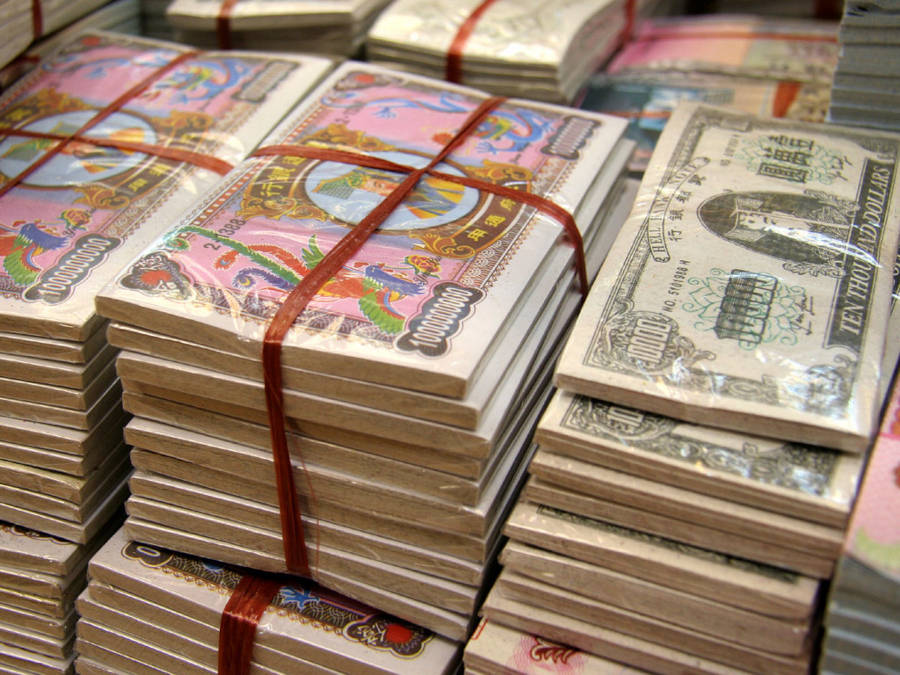
When Chinese people attend funerals, there is a custom of wearing black or dark colors. Wearing bright colors like red is avoided because it symbolizes happiness. Spirit money and items such as clothes, houses, and cars are burned for the deceased to ensure that they have a comfortable afterlife.
Guests are required to put money in odd numbered amounts in a white envelope and give it to the family of the deceased. The guests need to donate at least $101. The amount of donation depends on the closeness of the guests and the family. It also depends on the income of the guests.
The family and guests receive $1, candy, and a handkerchief. It is now more common to get tissues instead of a handkerchief. It is required for the guests and family to use these items before they leave the funeral, otherwise, they would build bad luck. Red pockets with red and green threads are given to the family and guests and taken home to protect them from evil spirits.
Lucky numbers
The number 8 is a lucky number in Chinese culture as the pronunciation is similar to the Chinese word 發 (pronounced fat), which means gaining wealth. Other numbers are lucky for the same reason: 2 is considered to be a lucky number as good things often come in pairs.
The pronunciation of 6 is similar to the Chinese word 流 (pronounced lau), which means flow and everything is smooth. The number 9 sounds like the Chinese word 久 (pronounced gau), which means everlasting, so it is a lucky number. Finally, 4 is an unlucky number as it sounds like the Chinese word 死 (pronounced sei), which means death.
Dragon gates
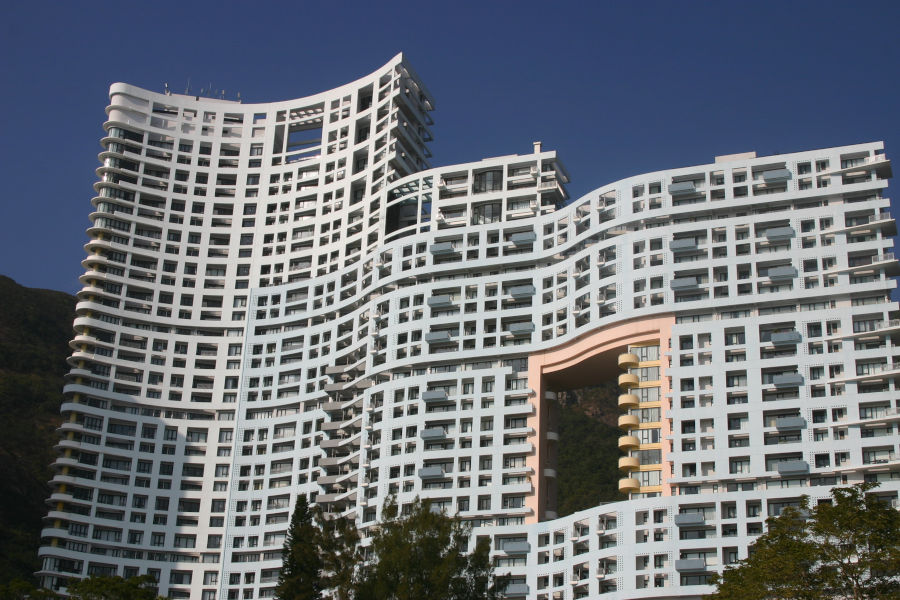
Walking around Hong Kong, you see buildings that have holes in the middle of tall apartment complexes. One of the famous apartment complexes is in Repulse Bay, which is known because of its unique design. The hole is called the dragon gate. Dragon gates are related to Feng Shui as people believe that dragons go from mountains to the water. The gates allow the dragons to do so. The gates also allow energy to flow through the city and attract positive energy.
People of Chinese cultures appreciate these traditions as they have a long history. Some of them produce taboos based on folktales or superstition. Most of the rules of Feng Shui stem from Taoism and its ideas about how energy and space work with each other. The way that the five elements’ energies flow through an area is analyzed, and plants and other objects are arranged to enhance Feng Shui where it is needed. In Chinese culture, when Feng Shui is properly flowing in one’s body and environment, their overall quality of life increases.


